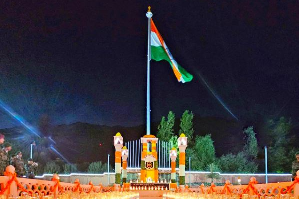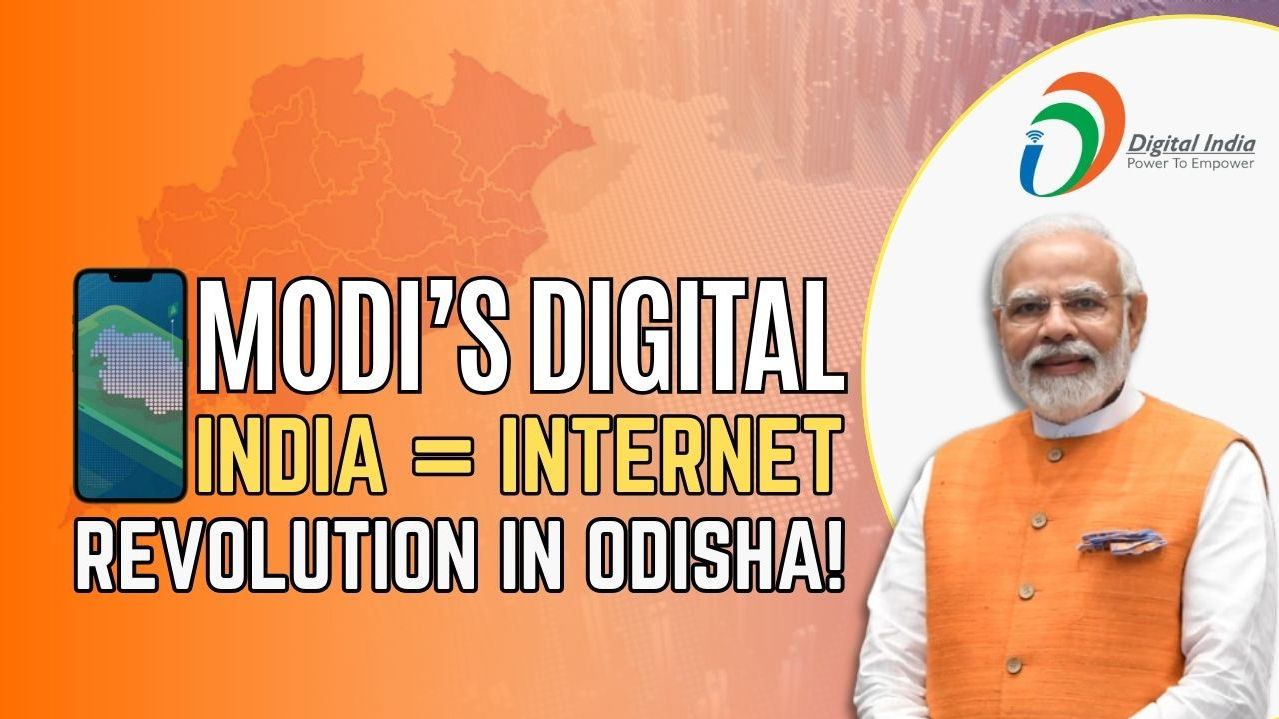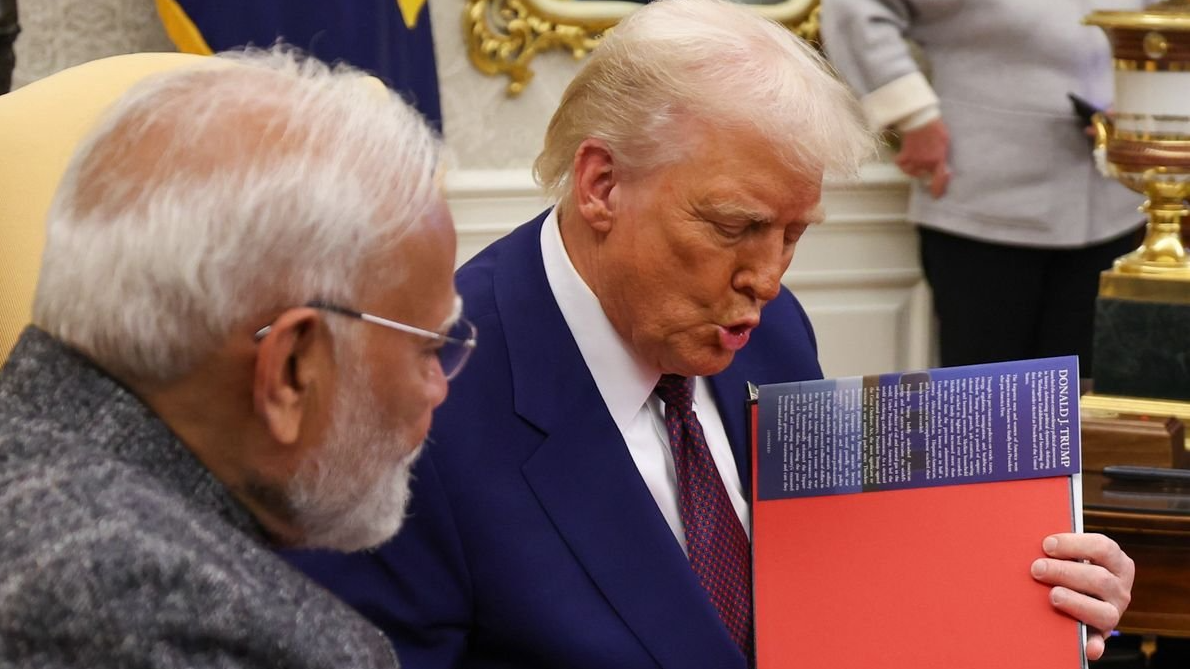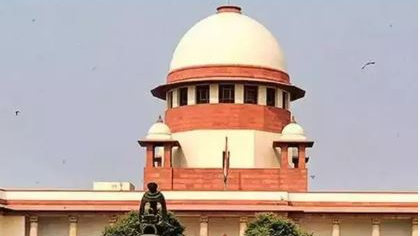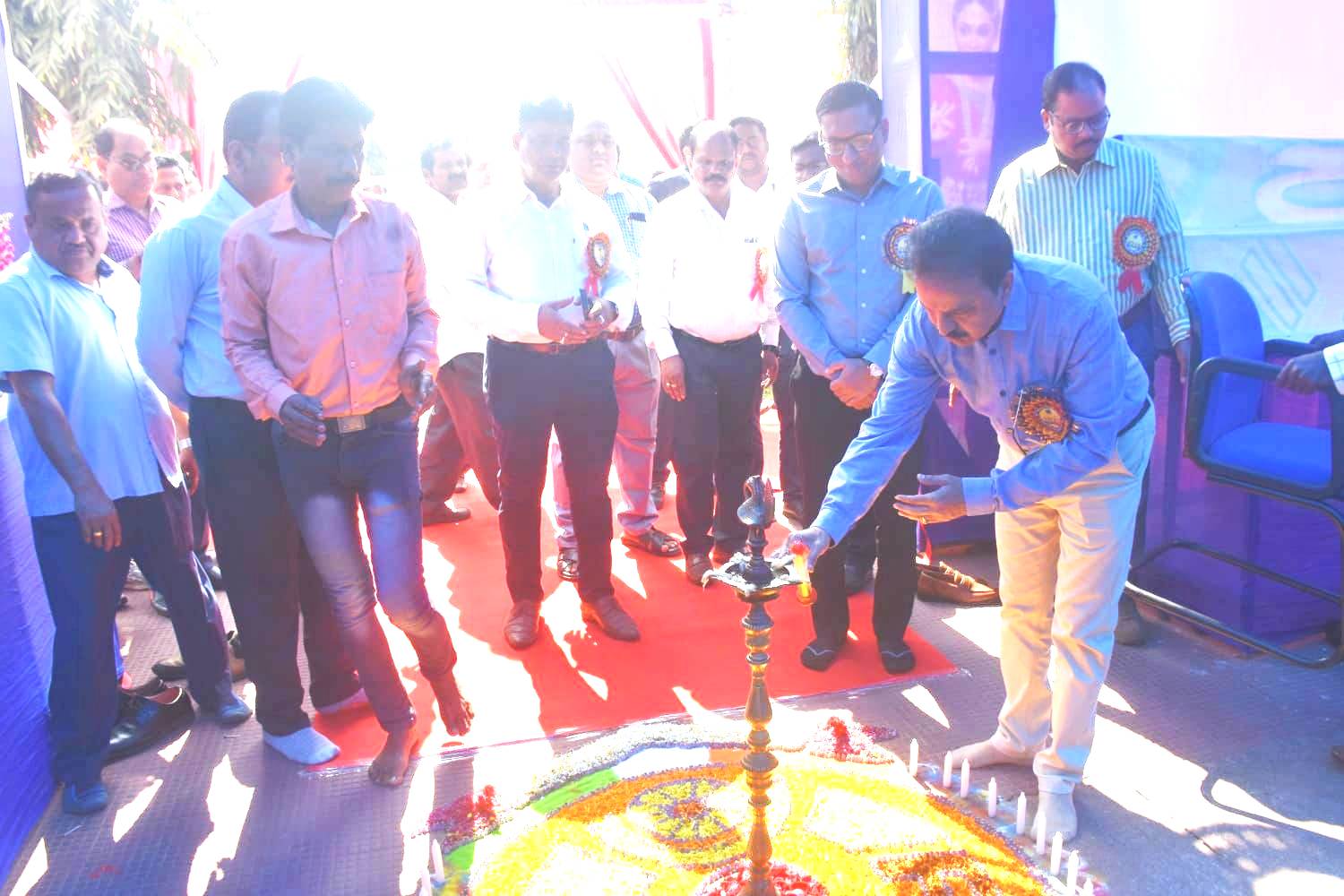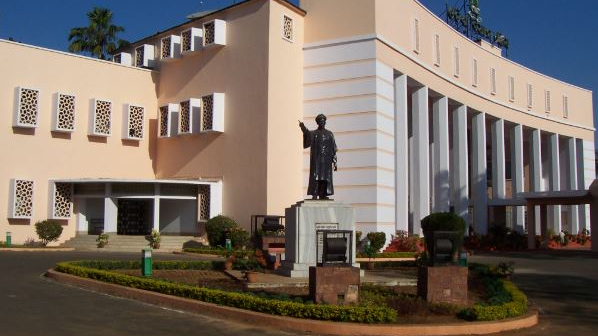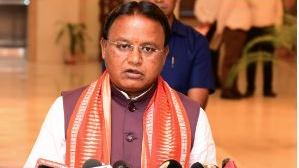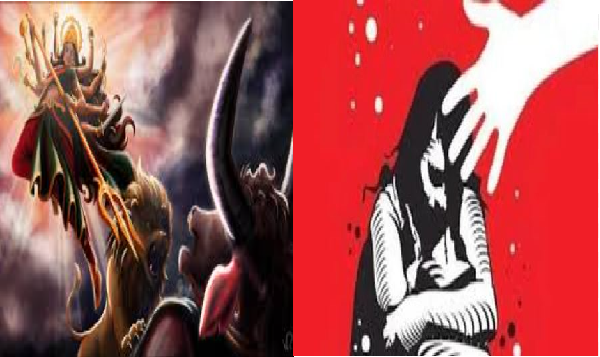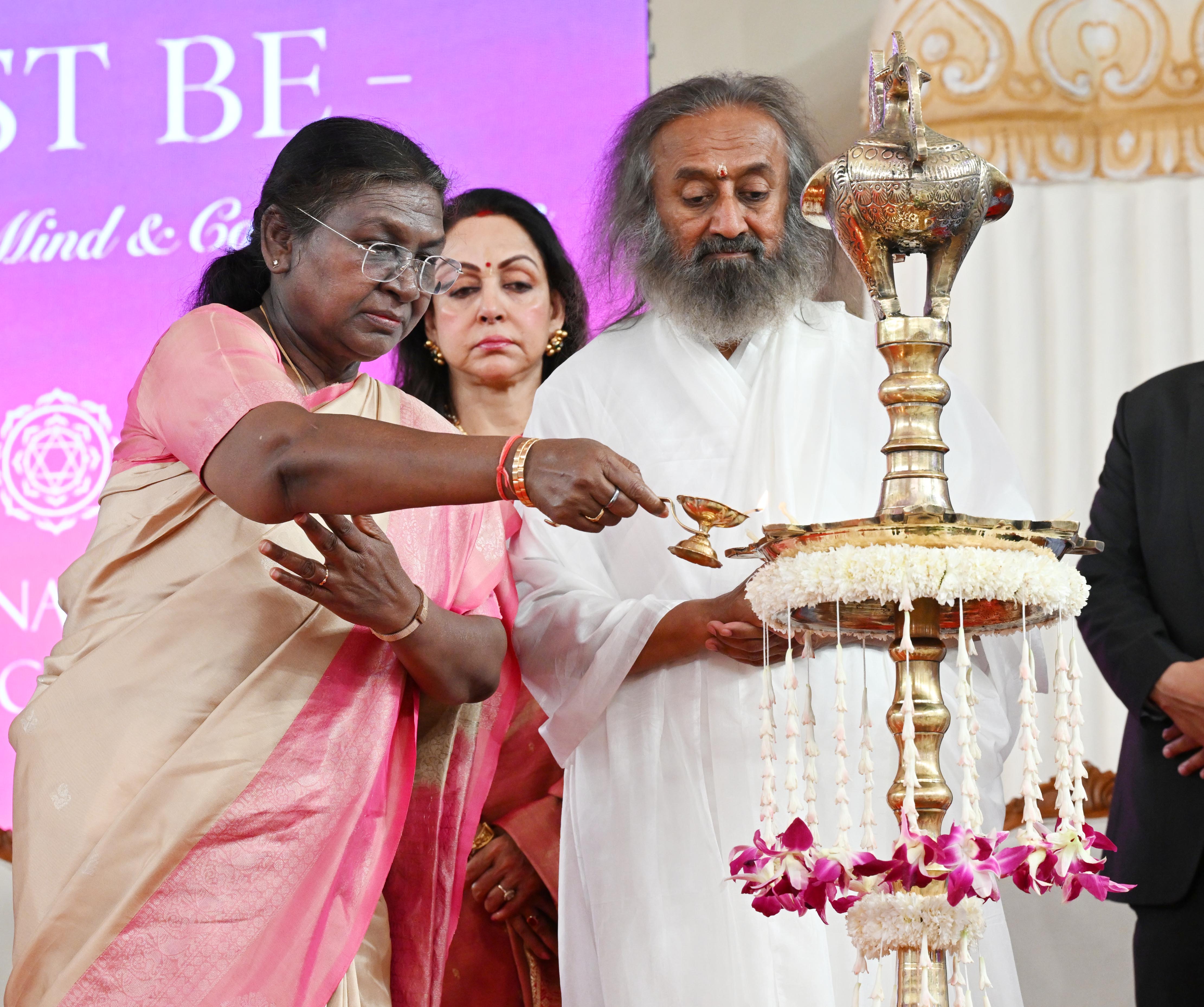Arun Joshi
July 26 is a historic day in the history of India, only if its importance is understood just beyond nation’s victory in Kargil War on this day 24 years ago. This victory in the Himalayan heights in the summer of 1999 was sweet but it came at the cost of huge flow of blood and sweat of the Indian soldiers on the rocks which became battlefields at the time. Much of the road has been travelled since and India today stands tallest in the military power and political will and has rewritten the rules ordaining the world not to mess it up with the nation.
This idea can be better understood if it is analyzed what was Pakistan up to, and what the Indian army was up against and still won a decisive victory, which redefined the whole concept that how wars are fought to tell a story transcending generations that India retains the moral and physical power to undo designs of the adversaries. The July 26 symbolizes that spirit.
This day must be celebrated with gusto – all over the nation, because the celebrations are not just the reminder of the unqualified triumph of the Indian army in the war, in which it did not have even a single advantage against Pakistanis, except that it had the will to sacrifice and determination to do what was considered impossible- to reclaim the territory, and to let the adversary know that it cannot play with the Indian ethos, within and at borders.
Kargil’s mini war of 1999 was a manifestation of three-fold wars – Pakistan wanted to trap the Indian troops in the heights and extract huge strategic advantages for it thought that its positions could not be subjected to counteroffensive ; second Pakistan had hoped that it would be able to incite an unprecedented popular revolt against the Indian government in Kashmir, and third , it thought that the international community would see Kashmir as a nuclear flashpoint and intervene – that would have been a snub to India and its policy of no third party interference on Kashmir issue.
While the nation is looking back at the Kargil War victory and paying tributes to the brave hearts today-July 26, 2023, recalling the supreme sacrifice made by more than 520 officers and men of the Indian army , this also should awaken the nation to what lies ahead . Kargil War is not over as yet, as the plans with which Pakistan launched this conflict continue to be on its agenda. It might have learnt a lesson that it cannot win any open or surreptitious war against India, but Pakistan continues to be busy with its anti-India plans using terrorists as their policy tools. This is where the war is still open.
The primary objective of Pakistan of sending its regular army soldiers in civilian dress or suggesting that they were “Kashmiri Mujahedeen”, the euphemism that it uses for terrorists, was to rake up Kashmir issue at the international level, seek global attention and intervention and force Delhi to engage in talks with it on the issue, and that too on its terms. Pakistan army had drawn a roadmap to do all this, to put India on its knees. But what it had not calculated was the Indian grit and determination to reclaim its territory.
The Indian army was not fighting the enemy in what is known as traditional or conventional war, it had the task to start from ground zero to climb the heights which stood at 12,000 to 14,000 plus feet above sea level. It was a situation, where even a boulder rolled down by enemy from the heights that it had occupied could kill dozens of soldiers at a time, and there was no place to hide – the Pakistani soldiers had a clear view of Srinagar-Leh highway and all the positions where Indian soldiers were.
The nation has been told about the stories of bravery of the men and officers, who fought the war and won it for the country, but they have no idea as to what it meant fighting in the situations that were out and out hostile and dangerous for them. They did it, and the driving force was their personal and professional commitment to deliver victory against all these odds. They were tasked to script a new history of mountain warfare, for which they were not trained in the training schools. Climbing rocks in mock drills to capture and kill the enemy is a different exercise than when it happens in reality, and that too when all the time space, heights and strategic advantages were with the adversary. This is the story of the war, which has been told in bit and pieces. All the books and articles written on the war, cannot capture, and haven’t captures the real story of the war.
The July 26 is a date which since 1999 has redefined Indian military and foreign policy that it can fight back against any set of odds, therefore, better it is to keep hands off India, today, tomorrow and forever in future. The message is simple- never mess up with India.
(Arun Joshi is author of “Eyewitness Kashmir; Teetering on Nuclear War and senior journalist based in Jammu and Kashmir, writes on South Asian affairs)
Disclaimer: This is the personal opinion of the author. The views expressed in this write-up have nothing to do with www.prameyanews.com.






